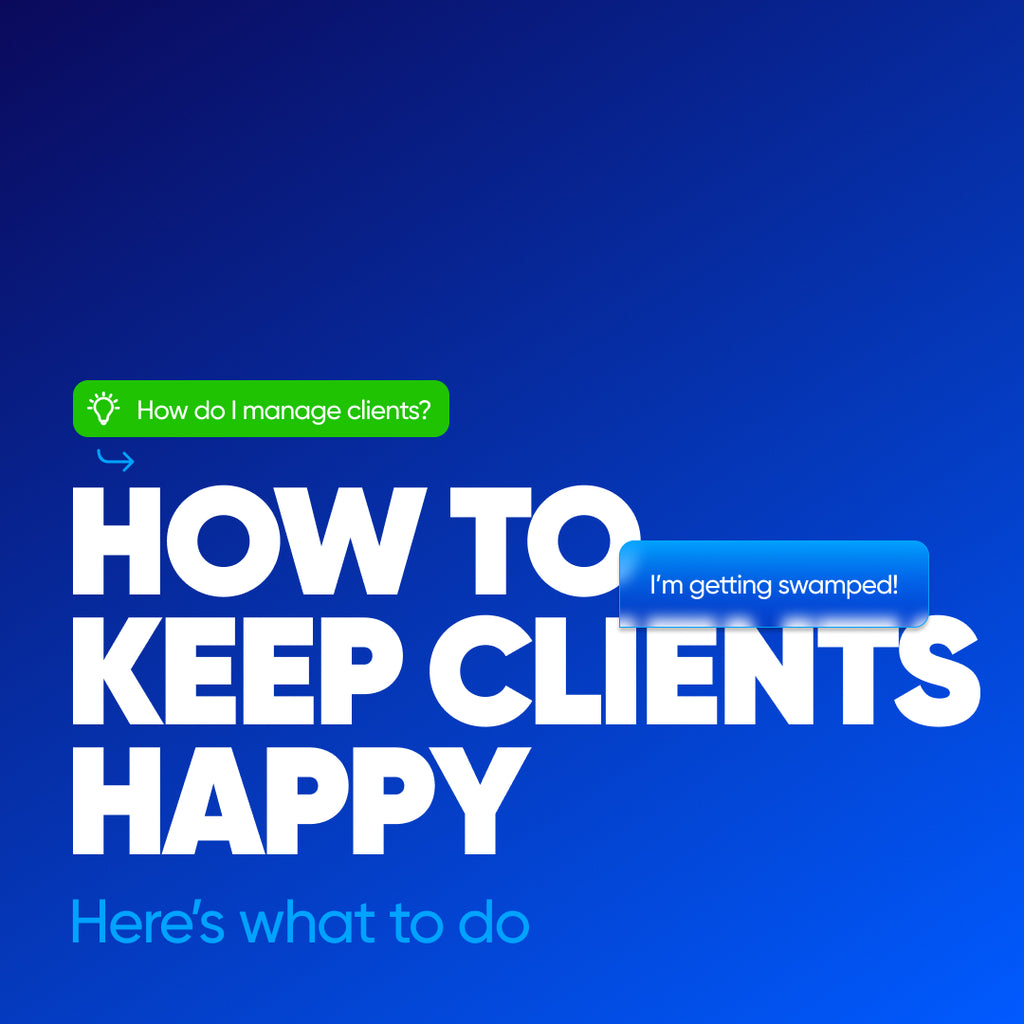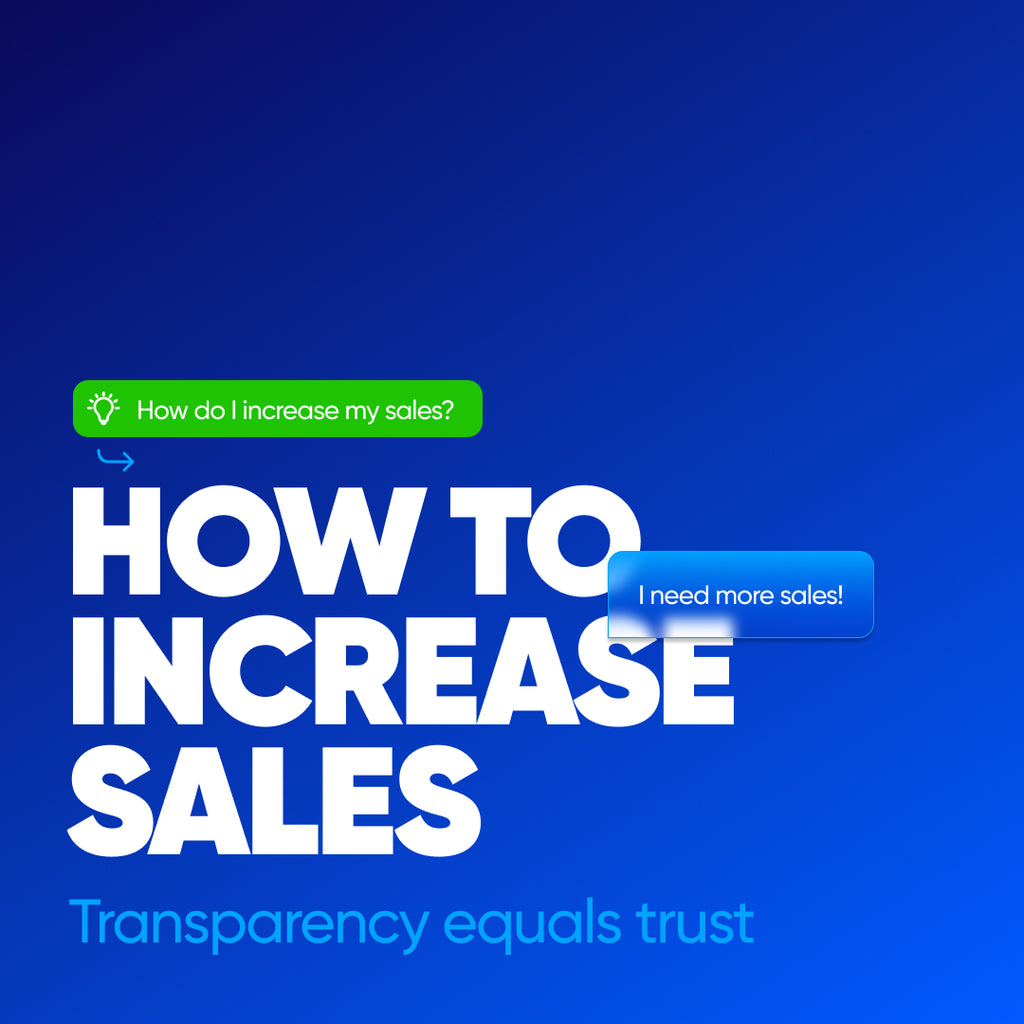Freelancing is for everyone
It doesn't matter if you are an entry-level employee, a senior-level exec, or a full-time freelancer; freelancing is for everyone. As a professional, you have your own set of specific skills that you apply to your full-time job, which can be applied to help others, outside the company you work at. Everyone should freelance, whether it's to buy a few beers at happy hour or finance a new Benz.
The underrated benefit of having a freelance business that no one talks about is the ability to apply your skillset towards a varied set of businesses, which brings about a greater degree of satisfaction compared to one single job. This comes with being your own boss, where you can choose when you work, how you work, and who you work with.
If you are not sure about the type of freelance job you want to do, read 3 best freelance jobs for beginners or find out what's the easiest freelance career?
Consider your financial responsibilities
Before you make a serious commitment to anything, your financial responsibilities will be of prime importance. This includes everything from your rent, utility, bills, groceries, business expenses (the one you want to start), and the financial responsibility that you have towards your family.
It takes some time to get a freelance business off the ground and you will likely need to build a runway, for yourself, your family, and your business, while you're grinding away to build your freelance career. You will likely be responsible for your own health insurance, car insurance, and any other necessary liabilities that your company insured you for.
This isn't to deter you from freelancing. My goal is to help you make an informed choice. Observing the world around you can make you have FOMO (Fear of Missing Out) but you should understand that you can take your own pace with freelancing. You don't need to quit your job right away. Freelance jobs are abundant and will be abundant when you quit your job as well. You can always start small, and freelance part-time if your current financial responsibilities require you to work full-time. Save up, build a runway and then take the plunge.
Freelancing is like running a business
Freelancing is almost synonymous with running a business. When we think of a business, we think of large machines, and 100s of employees. But freelancing in a very real sense is a business as well. Whether you choose to operate as a proprietor or form a limited liability company, you will have to operate like you're running a business.
It's expected of you to grow revenues every quarter, ensure employee costs are met (you and any other help you may hire), turn over a profit, and sustain difficult times. You will need a business plan to ensure these things are happening, and a business bank account to receive payments, calculate earnings, and file business taxes against. You will need to isolate your personal assets from your business assets. This won't be the immediate requirement, but you will have to think about these things as you scale.
As a full-time copywriter, writing poems at a publishing house, you probably had to only bother about your quality of writing but as a freelance writer, you have more responsibilities. In some aspects, you are the publishing house, and while you may not be printing the books, you are contributing to the process as a service provider and not an employee. Freelance is almost synonymous with business, so in this case, a freelance writer is operating a freelance writing business and will be responsible for all things that come along with running a business.
Taxes are more complicated for freelancers
When you go the freelancing route, you get all the money that your own business makes. However, you will be responsible for filing your taxes as well. Unlike full-time employment, taxes will not be withheld from your paystubs.
At least in the US, the IRS will expect you to pay your estimated tax on your income. If you pay too little, you will receive a tax penalty, and if it's too much, you may be strapped for cash till you get your refund.
While your freelancing taxes will be determined by the country and state you live in, at least initially, you can expect to pay more in taxes as compared to full-time employees, simply because their companies bear some of their expenses like Social Security and 401k. Freelancers qualify for more tax deductions, which will level the taxable income for a freelancer and a full-time employee. In the end, if done right, you can expect to pay roughly the same on the income you make, just the task of navigating taxation becomes complicated.
Savings and retirement
Savings and retirement as a freelancer will look different for you when you are a freelancer compared to when you have a day job. You won't have an employer to match your savings but you will have to look toward Self Employed 401Ks or SEP IRAs (Self Employee Pension Individual Retirement Accounts)
This can seem complex but in most cases, it's at par with what full-time employees have. Rather you have the added benefit of not having an income ceiling. The more you earn, the more you save and then put toward retirement savings. Speaking to an accountant will definitely bring about more clarity, in your personal situation.
Health insurance and other coverage
Finding affordable healthcare is the biggest challenge when it comes to freelancing. While you may still retain your insurance provider from your previous employer, you will likely pay more for it. This can get expensive quickly.
Based on your requirements and location, there will be different options available to you. You can cross-shop insurance or speak to an insurance broker to determine the right fit. Make sure you clearly understand what you owe and what you will receive, and when, before you sign the dotted line.
Clients and contracts
When you work as a freelancer, getting paid isn't a thing you can take for granted, something full-time employees can expect. You are responsible for defining what a project entails, controlling deadlines, and ensuring you get paid for the work that you do. Freelancers need to ensure the success of their own companies, by being responsible for finding potential clients, delivering quality service, and ensuring they get paid fairly.
Contracts play a large role in the success of a freelance business. They ensure that you aren't overworked while getting compensated for your freelance projects. You won't need a lawyer to preside over every contract you sign but would need a lawyer to help you create one. You can also purchase freelance contract templates, from reputable sources, to ensure you're in the clear.
So what's the verdict?
Based on the sections above, you might think that freelancing is complicated, but my goal is not to create that image, it is complicated when compared to a full-time job where someone else takes care of some of your responsibilities. These are simply all the talking points that become part of the conversation when you contemplate quitting your full-time job for a freelance career. If you do take the plunge, both toward part-time freelancing or full-time freelancing, you will learn that freelancing is full of potential, and there's simply a different way to doing things, which people rely on their employer to do for them. So yes, you should quit your job to start freelancing, but the timing will be dependent on your willingness and ability to navigate the challenges mentioned in this blog.
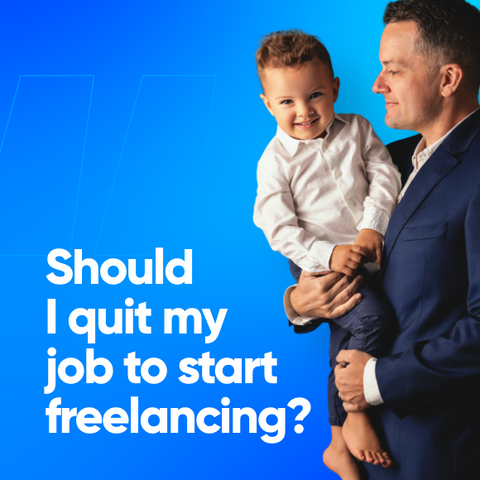
Should I Quit My Job to Start Freelancing?
Then, pick one of these:
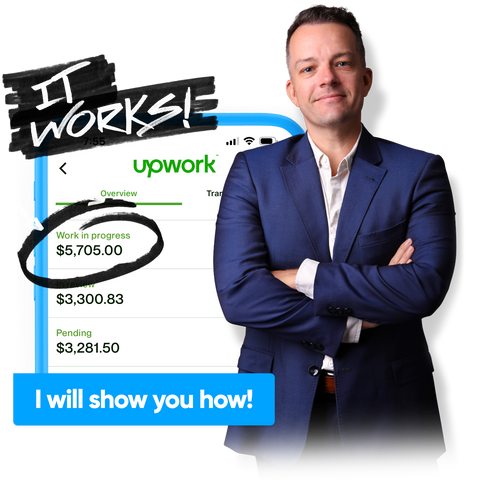
Freelance Coach
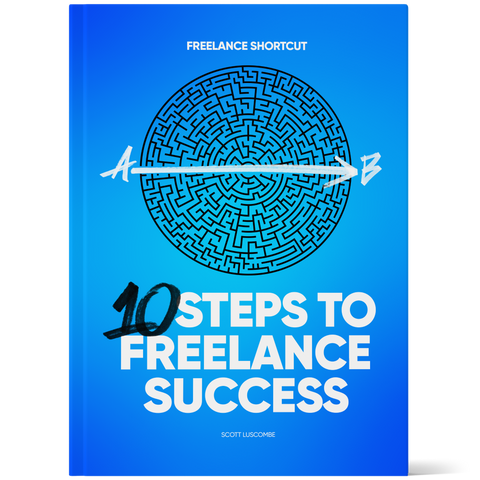
Freelance Book - 10 Step Success Shortcut

Daily Freelance Business Leads
Third, try these:

Start your freelance career on Fiverr

Start your Freelance Website with Shopify Today!




